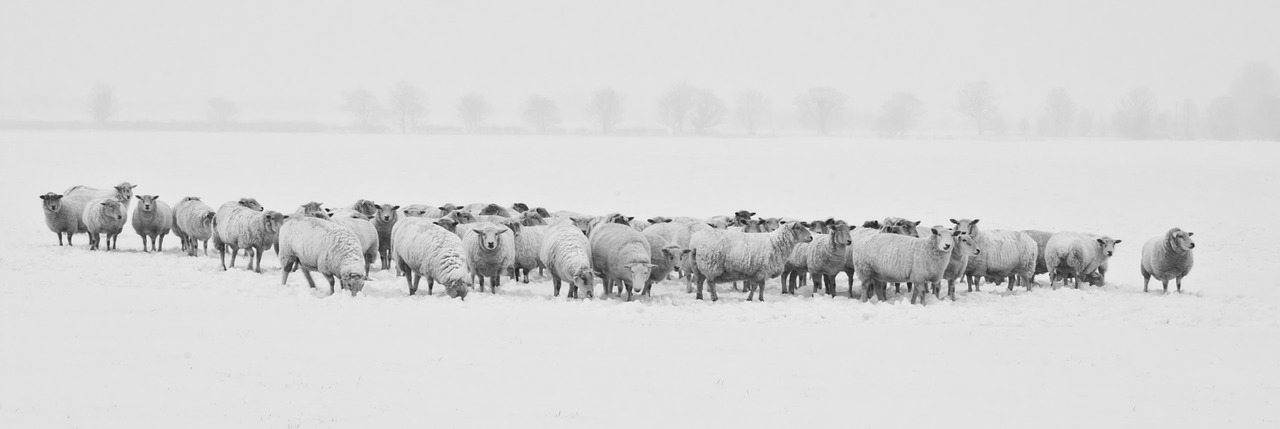
I heard a programme on the radio yesterday. It was about domestic abuse. Specifically, coercive control. It got me thinking.
Why do men (it’s usually men, although not exclusively, I admit) think they have the right to control their partners or spouses?
Well, I think that it’s because these people consider themselves to be superior and ‘know what’s right’, as well, of course, wanting power over someone. But you can only get power over someone whom you think is inferior to you.
How has this come about? And how can we change attitudes?
This is not an easy thing, but there is one thing that, I think, adds to the problem, and that is exclusive language.
When I was growing up, the common term for our species that was in use was ‘Man’ (With a capital letter to distinguish it from ‘man’, the male of the species.) Nowadays, I often see ‘man’ as referring to the species as a whole. No capital letter to distinguish it from ‘Man’.
If we consider the animal kingdom, often we refer to a species by a name that is the name of one gender or the other. Cow, Goose, Hen, duck, dog etc. We say to our children ‘Let’s go and feed the ducks.’ Or ‘Look at those cows in that field.’
We call these creatures by the name of the gender that is most useful to us. Hens lay eggs. Cockerels don’t. Cows give us milk from which we make butter, and cheese. Bulls don’t. Ducks and geese lay eggs. Drakes and ganders don’t, and when I was growing up, a dog (male) was the preferred gender to have. And ‘bitch’ is a derogatory term, anyway, as are so many female names. (witch and cow, for example.) And if you want to insult a man, you can call him a bit of a ‘girl’ or ‘woman’.
In the north of England, a term of endearment is ‘duck’, but I think it has a certain condescention about it. Probably that’s just me, though.
Male names are often, or were in the past, used as praise. A very long time ago, the term ‘a gay dog’ meant that the man was a womanizer. But that was not considered too bad, really. In fact it was often said with some hint of approval. Yet if a woman did the same type of things, she was a ‘slag’.
The male names for animals applied to men do not have the same connotation. A stag party is a group of young men out to have a good time before a wedding. Stags are imposing beasts, strong and beautiful. Now think about the female version—hen party—. Hens are silly, fluttering and noisy clucking creatures. If you want to say someone is unpleasant, you can call them a bitch, or a cow. Even a mare is occasionally used. All names for the female animal.
Now what about the males. I've already talked about 'dog', but 'bull' isn't used derogatorily. It usually implies the man is strong, and stallion that he's good in bed, to be polite.
Now to language, which is what this post is all about. Here are some alternatives you can use in your writing (or even in your speech).

Man: Human, People, Humanity.
Man-made: Artificial, Synthetic. (Not only men make goods, you know.)
What do you think about inclusive language? Do you think it's important or just 'Political Correctness Gone Mad'? Let me know in the comments.
No comments:
Post a Comment